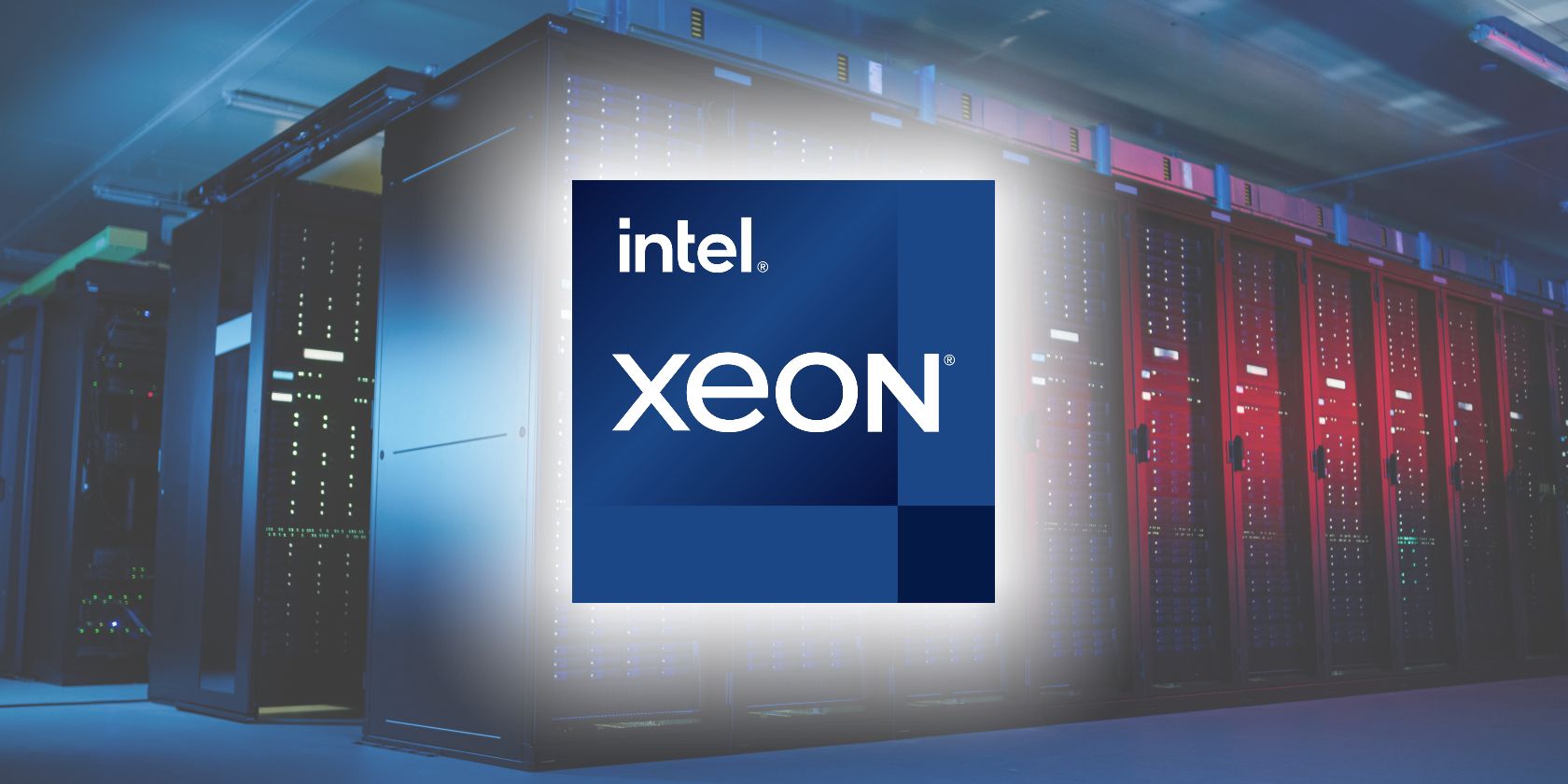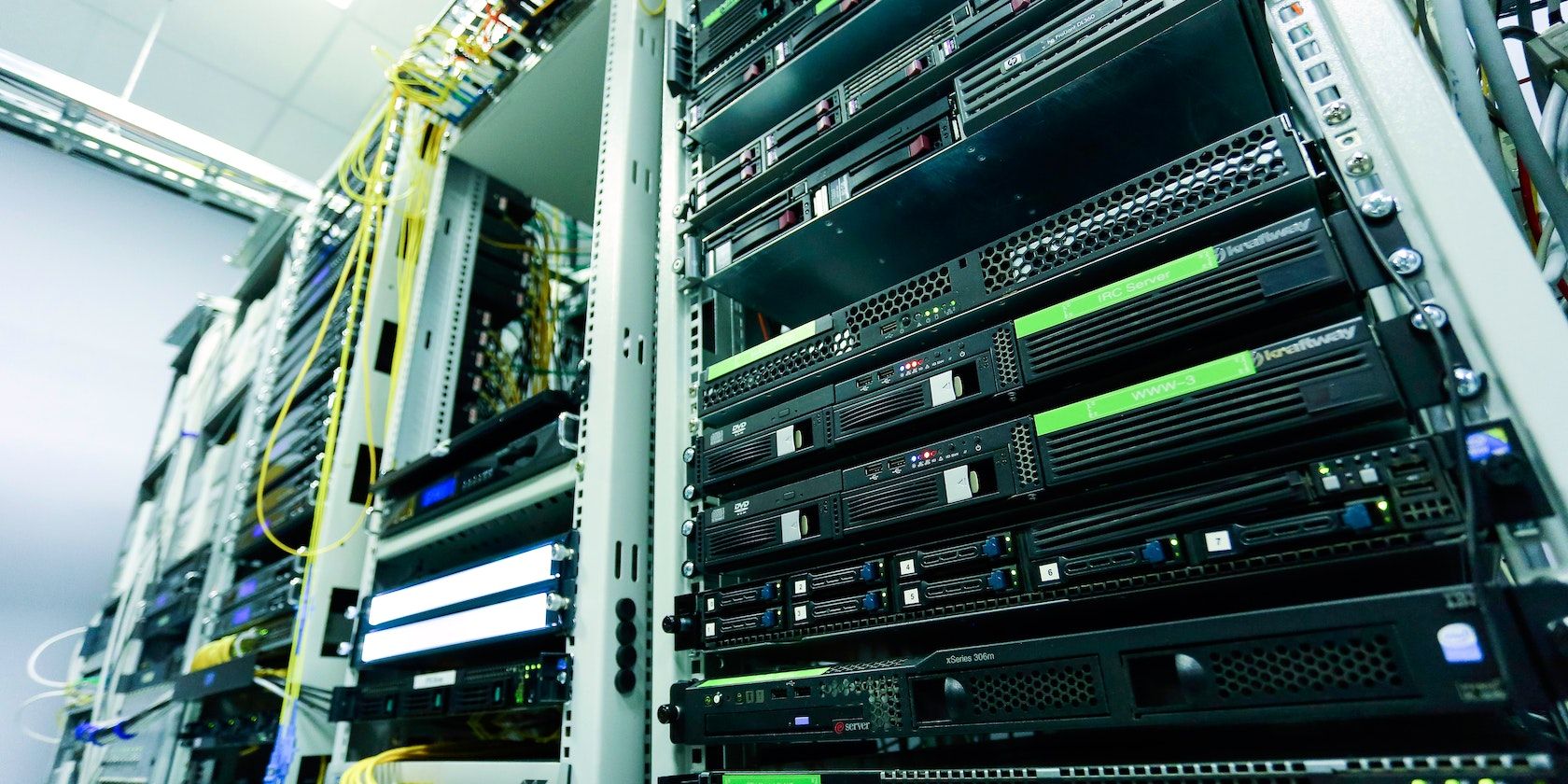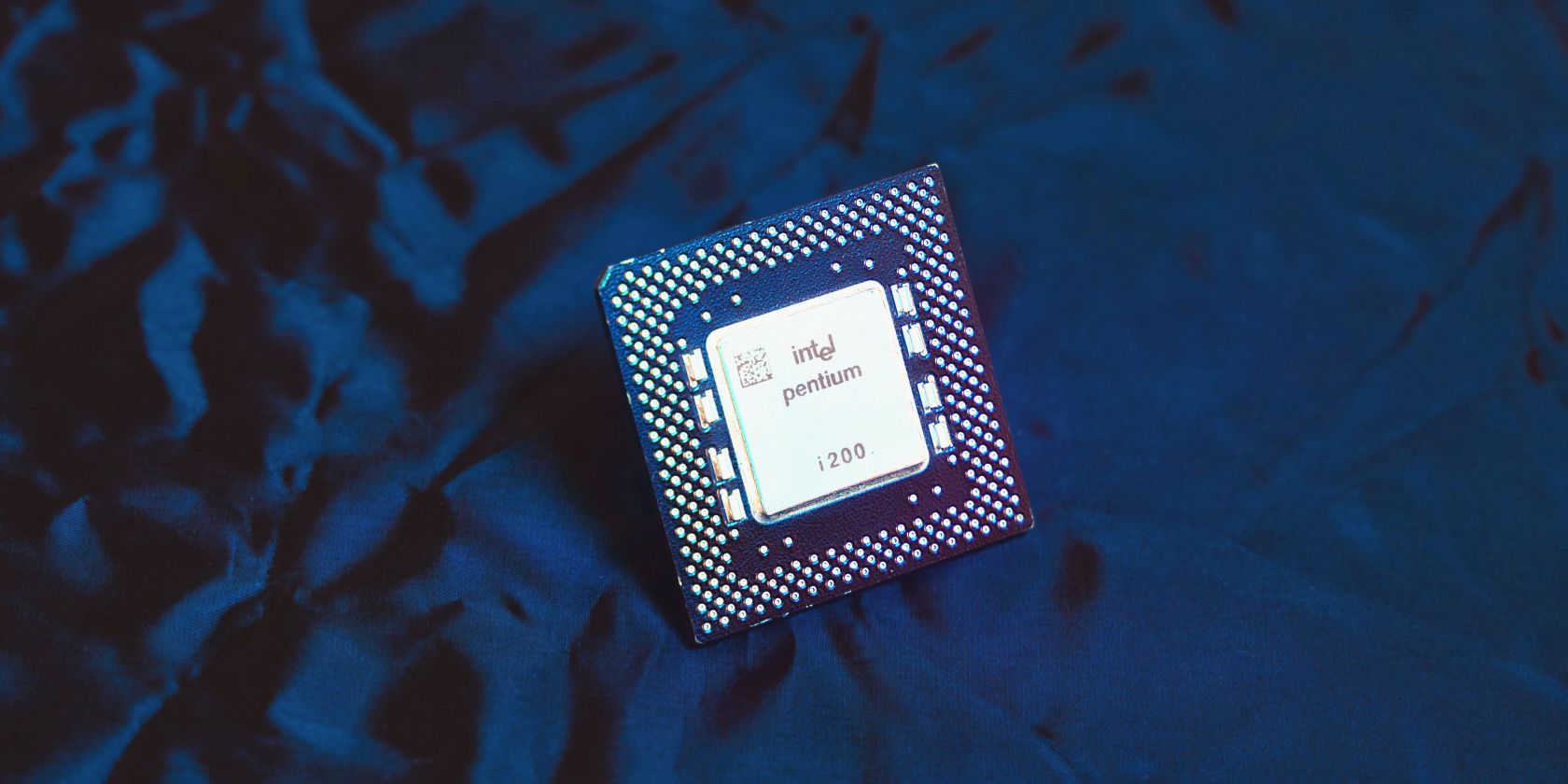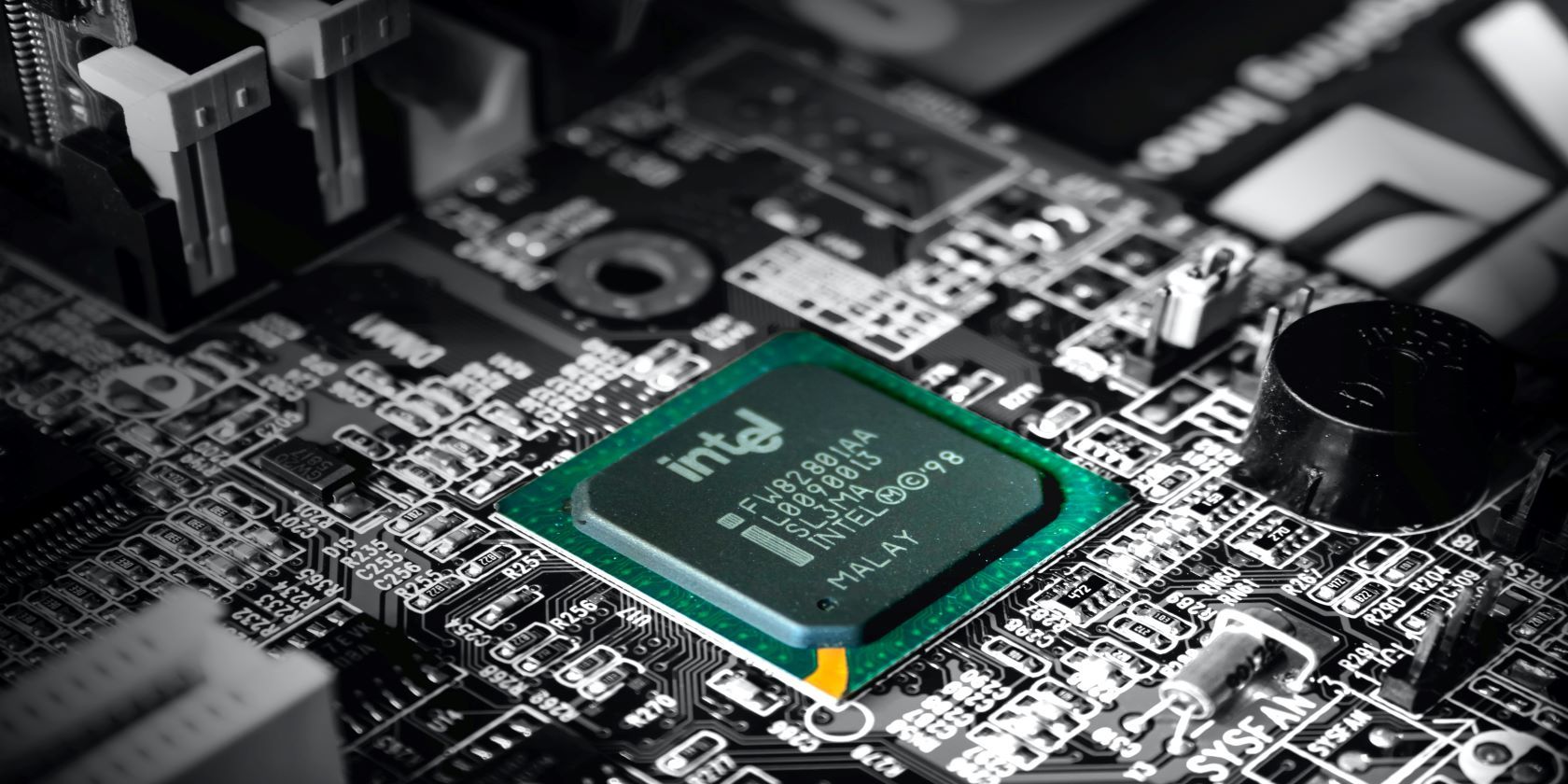The first thing most people think about when they hear Intel is the Core lineup. Most people are well served with an i3, i5, or i7 computer, and if you need exceptional performance, the Core i9 should work well for you. But what if you're in a more professional context and have different hardware needs that a consumer chip can't fulfill? In those cases, you go Xeon.
But what is Intel Xeon exactly? And should you care about it?
What Is Intel Xeon?
Xeon is the branding for Intel's workstation and server chips. Unlike Intel's Core CPU lineup, which is meant mostly for the consumer range, Xeon is a catch-all brand that encompasses everything meant for heavier work, business, servers, and even embedded systems. Basically, everything that's not aimed at the average user is fit on the Xeon branding, whether it's an office PC or a supercomputer. Xeon chips can use the same sockets as consumer desktop chips, while some other CPUs in the lineup, particularly server ones, fit on much bigger sockets.
The very first processor to debut the Xeon branding was the Pentium II Xeon, which graced the market in 1998. Back then, Intel used the Pentium branding extensively, and the Pentium II Xeon was basically a business-oriented version of the Pentium II chip. That was followed up with the Pentium III Xeon, which was then succeeded by the launch of a standalone Xeon chip without Pentium branding in 2001. Since then, Xeon chips have evolved in hand with Intel's consumer chips while keeping its traditional, non-consumer focus in mind.
Xeon processors are ubiquitous in supercomputers worldwide and can even be found in workstations like the Mac Pro. There are even mobile Xeon chips—business laptops with a "mobile workstation" focus are often also equipped with a Xeon chip and a business-oriented GPU.
Why Are Intel Xeon Chips Different?
Nothing stops you from setting up a server using a normal PC. However, Xeon chips have several advantages that make them enticing for business users compared to Intel's standard chip lineup.
For one, Xeon chips have less of a focus on single-core performance, clock speeds, and strong, individual cores by themselves. Instead, you'll normally find these chips having several cores, running at more conservative clock speeds, and, in some cases, sipping a lot less power (in fact, you might come across some servers using completely passive convection cooling rather than fans or water).
They focus on core counts and multi-core performance rather than single-core performance. As a result, these computers are better geared towards handling multi-threaded workloads where having powerful individual cores doesn't matter much. In that regard, Xeon chips are similar to AMD's Threadripper or Epyc lineups. Those also have several cores running at a lower clock speed, providing unparalleled multi-core performance while being weaker in the single-core department.
This also means that Xeon chips aren't great for gaming. When you play games, single-core performance is very important to actual performance. Having a lot of cores there is not as important, and you can get away with a CPU with six to eight cores as long as they're good cores. If you have 16 or 24 cores, but they're not as fast, then a game won't perform as well. Few games benefit from having that many cores. Multi-threaded tasks, however, are common in the business space.
Other differences include the fact that they don't ship with integrated graphics (since you'll also likely require a GPU to go with it) and that Xeon chips don't have support for overclocking. Xeon Phi takes the core principle to the extreme, adding several smaller cores and more memory bandwidth.
They're also way more expensive than desktop chips. And we're not talking about a small difference. Whereas a consumer CPU can set you back anywhere from $100 to $1,000, it's not uncommon to see server/workstation chips sitting in the range of $2,000 to $10,000. Of course, for a big business, it's probably an expense they can afford, but it's definitely out of the reach of any enthusiast unless they have a substantial budget.
If you've ever wondered why the Mac Pro is so expensive, that's one of the reasons. Of course, you can argue they're still wildly overpriced despite those expensive internals, but that's a topic for another day.
Should You Buy a Xeon Chip?
For 99% of people reading this post, the answer is no.
Xeon CPUs can be amazing for the right kind of users. Like other chips in the same range, they're made to crush multi-threaded tasks. However, for a regular user's workflow, a Xeon CPU will likely not be any better, and for some scenarios, it might even be worse. For example, it won't do you any good for gaming, nor will it substantially improve any part of your daily workflow otherwise.
We should clarify here that nothing will run badly, not even games, but you're not really getting your money's worth, and you're not using the chip's full potential. At best, it'll run the same as if you bought a $400 CPU—except you spent ten times more. Not really the best deal. But it's not a chip for you, after all.
If you're a power user or someone working in the enterprise space and want to set up a workstation or a server for a specific use case (like, for example, video editing or animation), it's a different matter. If you've already weighed the usual Xeon vs. AMD Epyc/Threadripper argument and you still want to go Intel, then, by all means, go ahead and get one. It'll be a great addition to your setup or your rack.
It's Not a CPU for Regular Consumers
Xeon chips are Intel's most expensive, so many people think that, by extension, they're also the best the company has to offer. And that's not entirely true. They're the best chips for some scenarios, but for most of our readers, that Core i9 CPU is more than enough.
As always, do your own research and see what works for you.




